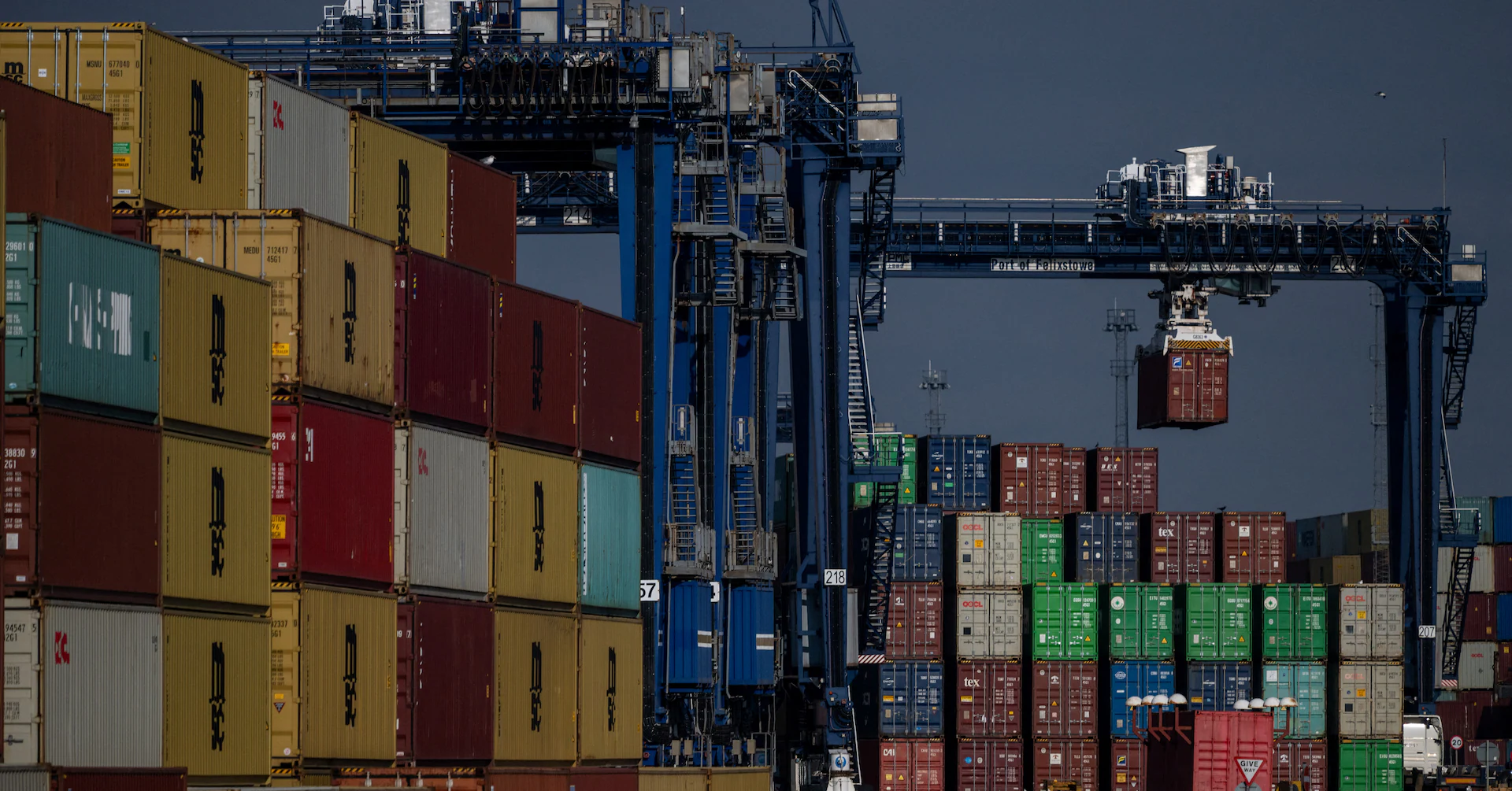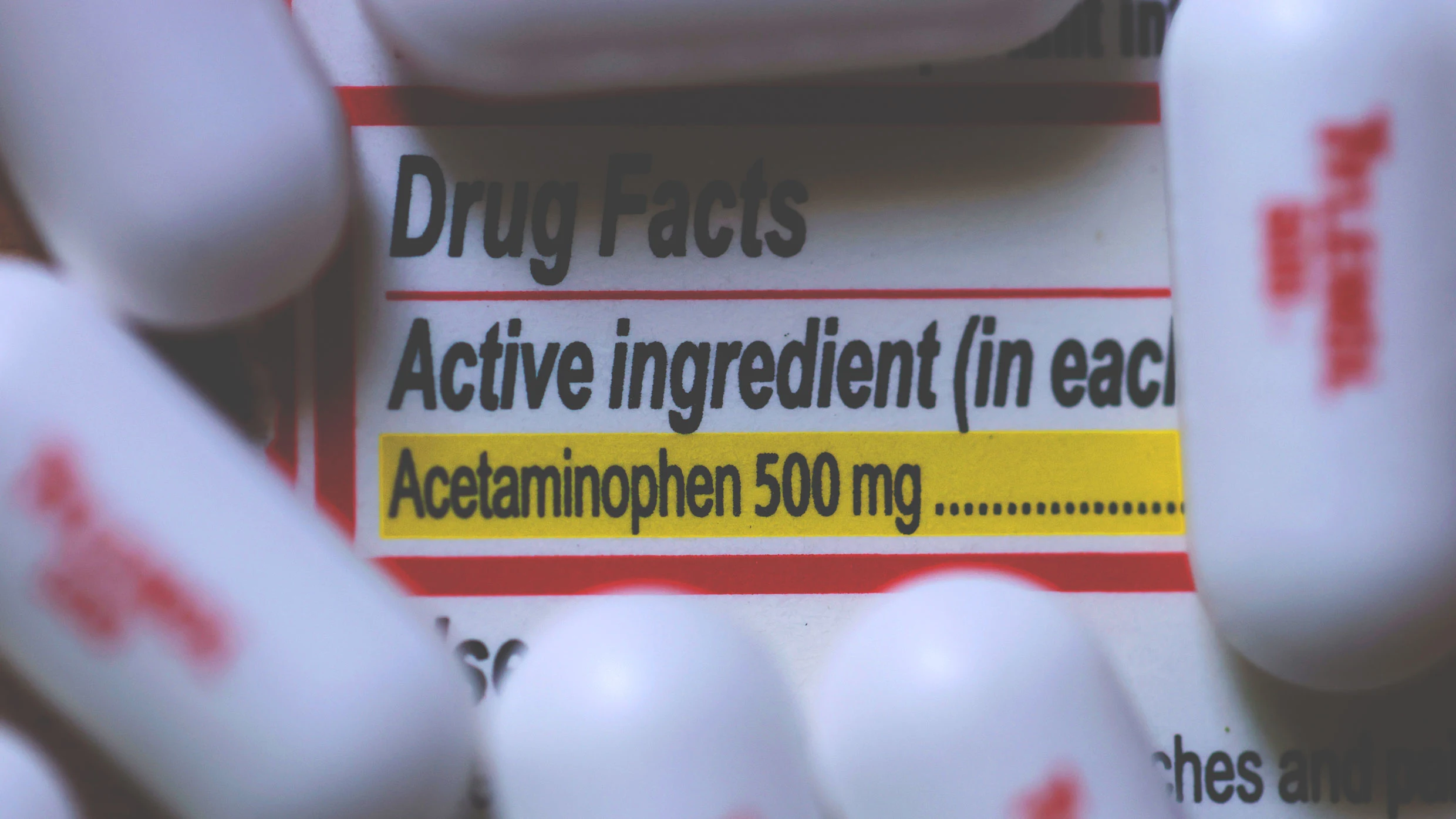
LONDON, Sept 26 (Reuters) – Britain on Friday said it was pressing the United States on pharmaceutical tariffs in hope of a beneficial outcome, after President Donald Trump said a new 100% tariff would apply to firms unless they build a manufacturing presence in the country.
Trump said the tariffs would apply to any branded or patented pharmaceutical product from October 1 unless the company had already broken ground on building a manufacturing plant in the United States. He did not mention whether they would stack on top of existing national tariffs.
Sign up here.
“We know this will be concerning for industry, which is why we’ve been actively engaging with the U.S. and will continue to do so over the coming days,” a British government spokesperson said.
“Sectors such as pharmaceuticals are critical to our economy … so we will continue to press the U.S. for outcomes that reflect the strength of our relationship and deliver real benefits for UK industry.”
Britain in May secured the first tariff deal with Trump, although it has only been partially implemented.
Under the agreement, the countries said they intended to negotiate “significantly preferential treatment outcomes on pharmaceuticals”. Britain also pledged it would try to improve the “overall environment” for pharma firms.
Trump has pressured Europe to pay more for U.S. drugs, and major pharma companies have halted investments in Britain, citing a difficult operating environment.
Britain’s science minister Patrick Vallance has acknowledged that the country’s National Health Service needs to reverse a trend of declining spending on medicines.
Reporting by Alistair Smout; editing by William James, Aidan Lewis



